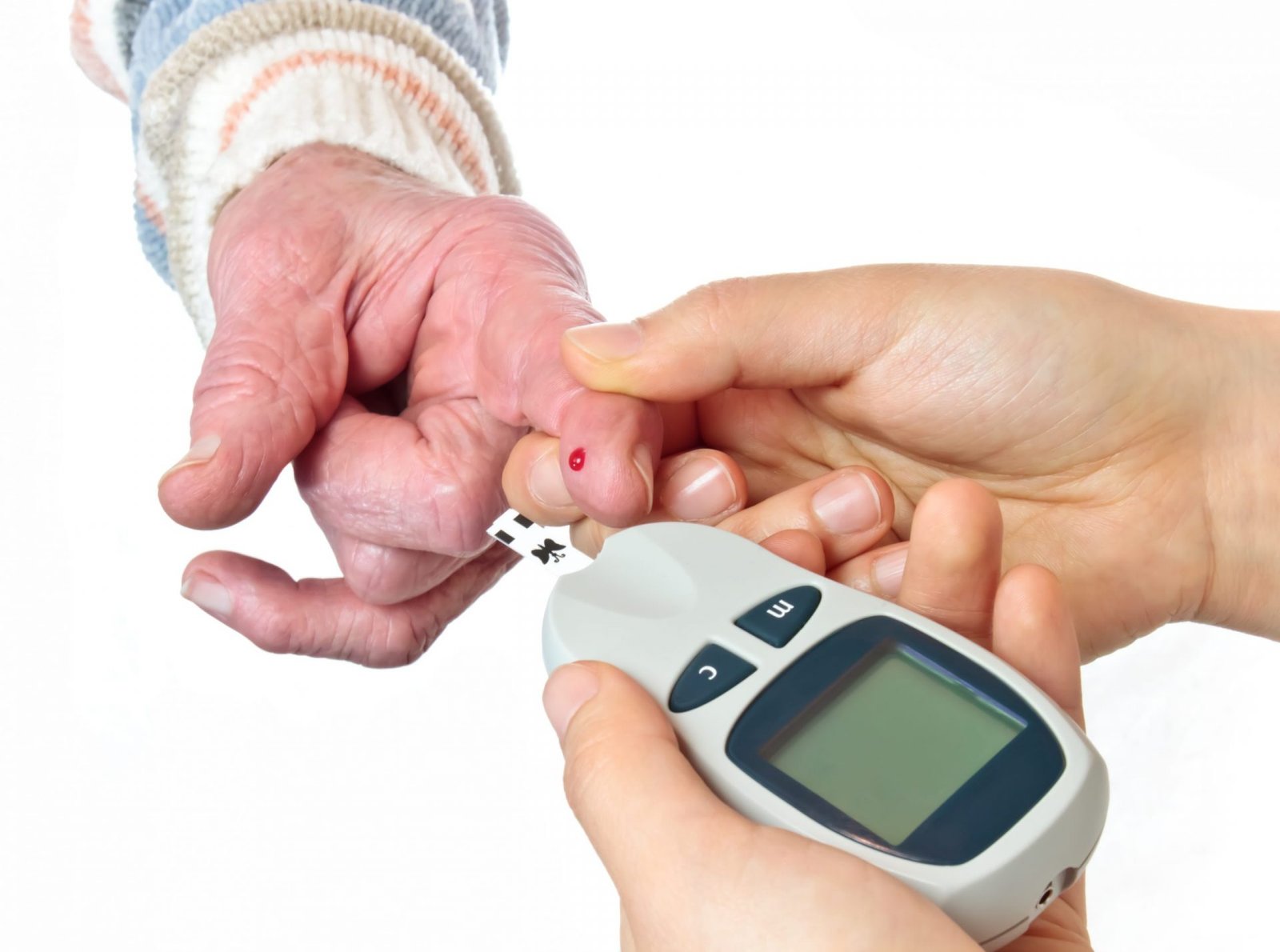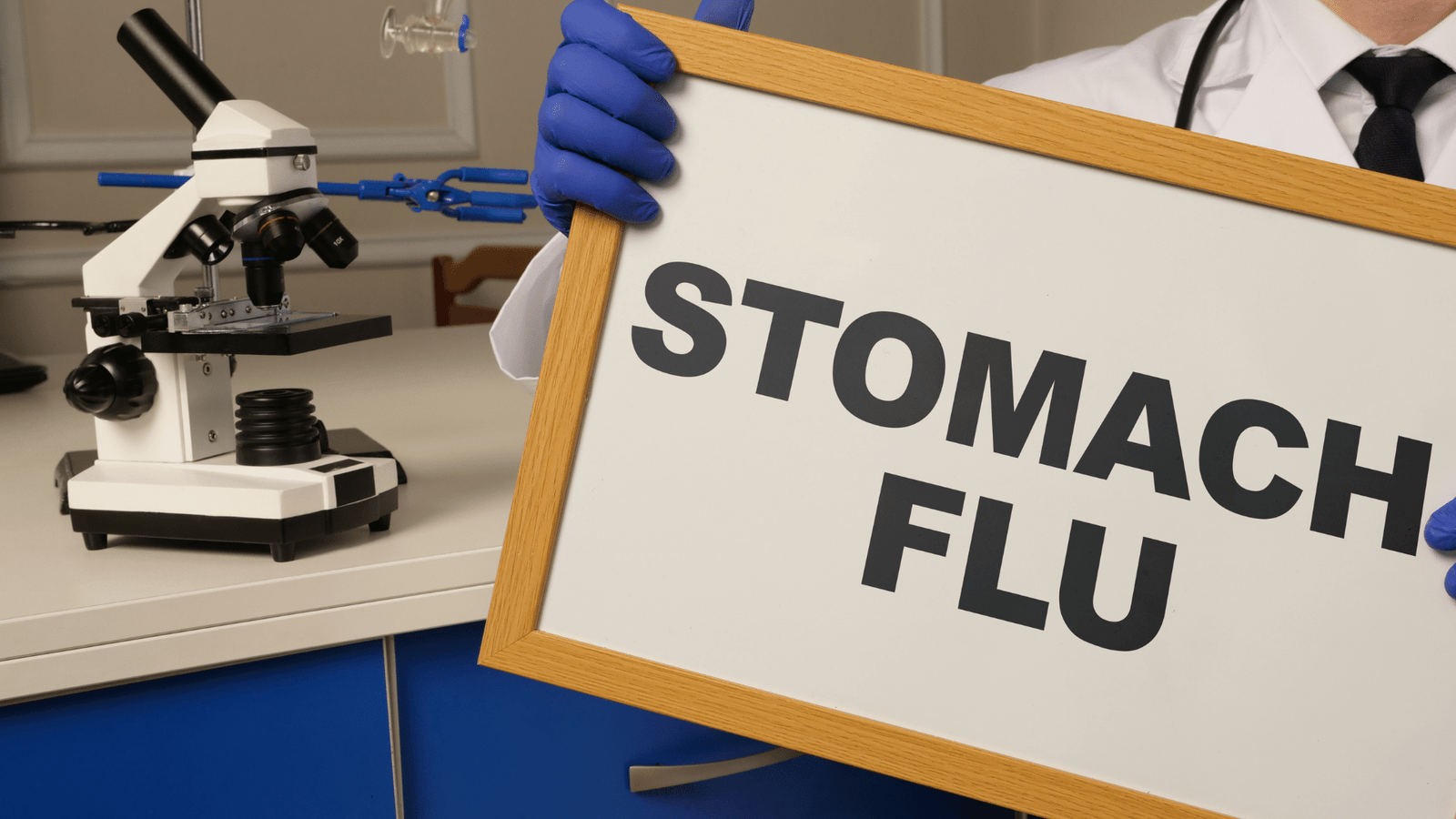
Hyperglycemia is high blood glucose, which occurs when blood glucose levels are higher than 100 mg/dl on an empty stomach. These values are usually recorded 2 hours after eating.
What are the best ways to reduce hyperglycemia? This topic is being discussed with Dr. Ioana Saviulescu, Head of the Clinic of Endocrinology and Diabetes at the Institute of Medical Care of Pavia.
What tests are available for high blood sugar?
After blood testing subjects with high fasting glucose levels, data should be confirmed or not by repeated sampling. Then follow up by controls hemoglobin which is the average blood sugar over the last 3 months.
It is essential to link the blood glucose value with medical and family history. It is recommended that individuals with diabetes, including parents, grandparents, and first-line relatives, perform Oral glucose loading. This is a test to determine if there is any glucose in their blood.
Diabetes is diagnosed when blood sugar levels exceed 200 mg/dL. A typical response with blood sugar levels between 140 mg and 199 mg/dl two hours after eating. They are indicative of intolerance to carbs. High-risk conditions for diabetes include fasting hyperglycemia, carbohydrate intolerance, and both.
Remedies
Lifestyle changes are essential to improve your glycemic control and delay or prevent the onset of diabetes.

